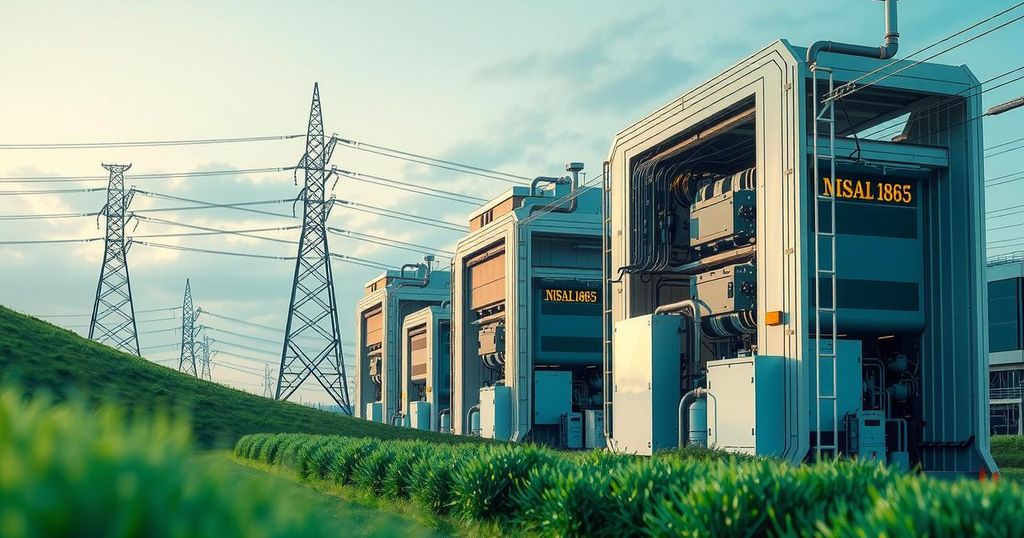AI Chip Manufacturing Threatens Climate Goals in East Asia

Greenpeace East Asia’s report reveals a staggering 350% increase in electricity consumption from AI chip manufacturing since 2023, jeopardizing climate goals. Reliance on fossil fuels in semiconductor production is increasing, particularly in Taiwan and South Korea. The report urges a shift to renewable energy. Meanwhile, scrutiny of an AI-generated climate change denial paper raises alarms about objectivity and integrity in research. Experts call for regulated integration of enterprise blockchain to enhance data accuracy in AI.
A recent report from Greenpeace East Asia has identified a significant surge in electricity consumption within the AI chip manufacturing sector, increasing by 350% since 2023. This rise poses grave challenges to climate change initiatives in East Asia, where leading semiconductor manufacturing countries like Taiwan and South Korea are heavily reliant on fossil fuels to meet this soaring demand.
The environmental impact of AI chip manufacturing is concerning due to the region’s reliance on fossil fuels; this trend threatens to derail climate sustainability targets. The report indicates that electricity consumption for AI chips is projected to rise dramatically, potentially reaching levels equivalent to the total consumption of Ireland by decade’s end. Countries in the Asia Pacific region are exacerbating the situation by commissioning new fossil fuel plants to support their semiconductor industries, particularly in Taiwan.
Nevertheless, the report suggests that transitioning to renewable energy is a viable option for chip manufacturers. It emphasizes the necessity for the industry to commit to renewable energy sources such as wind and solar power. Notably, U.S.-based companies like Nvidia and AMD have been criticized for prioritizing revenue over environmental considerations, with the report calling for these corporations to actively seek renewable energy solutions in their supply chains.
In a separate issue, researchers have scrutinized an AI-generated paper denying the existence of climate change, which has gained attention among skeptics. The paper, titled “A Critical Reassessment of the Anthropogenic CO2-Global Warming Hypothesis,” has been criticized for lacking neutrality and for its association with authors known for their contrarian views against human-induced global warming. Experts have pointed out the paper’s failure to provide clarity on its generation process, undermining its claims of objectivity.
Concerns regarding the potential dangers of emerging technologies like AI are on the rise, as demonstrated by the World Economic Forum’s warnings about misinformation. The increasing prevalence of deepfakes has prompted regulatory scrutiny, particularly concerning the implications for sectors such as healthcare and pharmaceuticals. To address these concerns, experts advocate for the integration of enterprise blockchain systems within AI frameworks to improve data quality and security.
The escalating demand for AI chips in East Asia poses significant risks to environmental sustainability, as the region remains heavily reliant on fossil fuels. Companies like Nvidia and AMD must prioritize renewable energy in their operations to mitigate these risks. Additionally, the scrutiny surrounding AI-generated content highlights the importance of transparency and accountability in research, particularly in the context of climate change denial. Finally, as the potential dangers of AI grow, integrating blockchain technology may offer solutions for ensuring the accuracy and accountability of data used in these emerging technologies.
Original Source: coingeek.com





